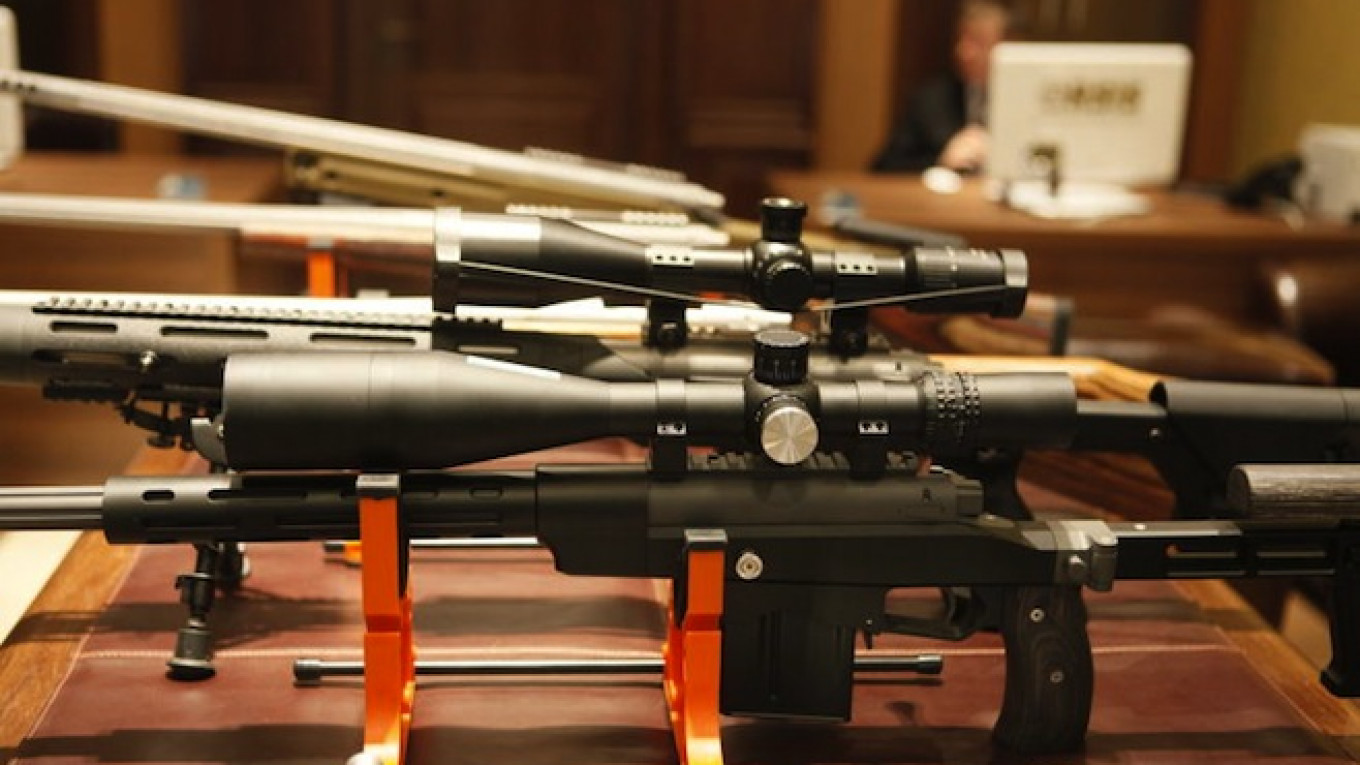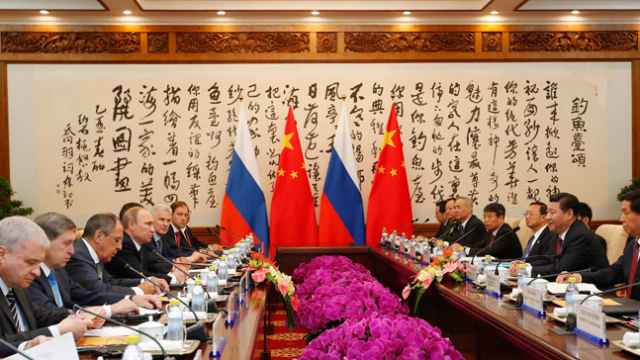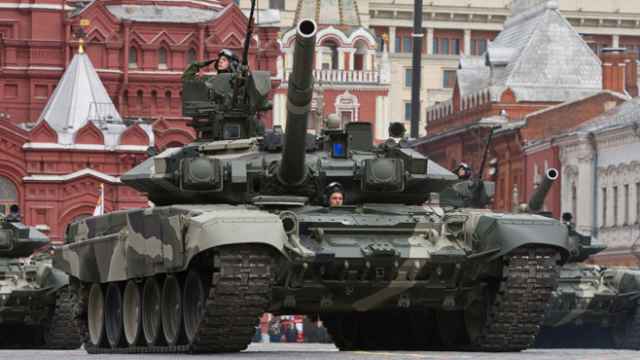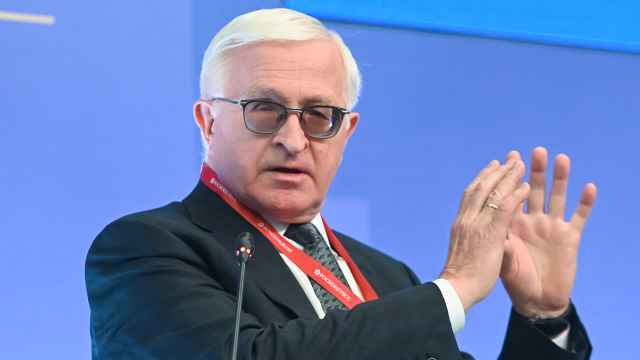Despite a global arms market downturn, Russian firms' sales shot up 20 percent between 2012 and 2013, raking in $31 billion last year amid Moscow's rearmament campaign according to a report released Monday by the Stockholm International Peace Research Institute (SIPRI).
"The remarkable increases in Russian companies' arms sales in both 2012 and 2013 are in large part due to uninterrupted investments in military procurement by the Russian government during the 2000s," SIPRI senior researcher Siemon Wezeman was quoted as saying in a statement.
Russia's success, with 10 Russian companies making SIPRI's top 100 list of global arms makers for 2013, bucks the weapon trade's current slump. Although the global arms industry brought in a total of $402 billion in 2013, sales have been declining for the past three years, falling 3.9 percent in 2012.
However, sales fell only 2 percent in 2013, as Russian companies and newcomers from other emerging market pushed up sales significantly, the report said.
SIPRI's report credits Moscow's 20 trillion ruble ($344 billion) rearmament drive for insulating the industry, already the world's largest exporter after the U.S., from the global downturn.
"These investments are explicitly intended to modernize national production capabilities and weapons in order to bring them on par with major U.S. and Western European arms producers' capabilities and technologies," Wezeman said.
The Tactical Missiles Corporation saw an 118 percent increase in sales over 2012. Almaz-Antey, a large producer of Russian tanks and other armored vehicles, saw sales increase by 34 percent. Meanwhile, the United Aircraft Corporation, a conglomerate of Russia's most important aircraft manufacturers, increased sales by 20 percent last year, the report said.
Other companies on the list include the United Shipbuilding Corporation, Russian Helicopters, United Engine Corporation, Sukhoi, Sevmash and Uralvagonzavod. Although the top ten companies are Western firms, Russia's Almaz-Antey ranked 12th, making it the largest non-Western arms manufacturer in 2013.
The numbers for 2014 are not yet in, and it is still too soon to say what impact Western sanctions and the decline of the ruble will have on Russia's defense industry.
Following the downing of Malaysia Airlines Flight MH17 in July, the U.S. placed sanctions on a range of Russian arms firms, while the EU instituted a blanket arms embargo against Russia.
Declining oil prices have combined with Western sanctions to drive the ruble's value down nearly 45 percent to the dollar this year.
SIPRI's Wezeman, one of the report's authors, told The Moscow Times that the state of Russia's economy may have a larger impact on its defense industry than Western sanctions.
"A substantial part of the increased output of the Russian companies is the result of growing deliveries to the Russian armed forces. Plans for more increases in spending on new equipment have been announced, but that was before the current crisis and they may well be delayed or adjusted to lower levels of deliveries," Wezeman said.
In 2013, defense consultancy Jane's estimated that Russia spent a total of $68.9 billion on defense.
According to the head of the State Duma's defense committee, Admiral Vladimir Komoyedov, Russia spent around 2.5 trillion rubles ($43 billion) on defense in 2014, and will set a new record for spending in 2015 with a 3.3 trillion ruble ($58 billon) defense budget.
Meanwhile, Russia's status as the world's second largest exporter appears to be shielded from domestic economic woes, according to President Vladimir Putin. In November, Putin said that Russia in 2014 signed $7.5 billion worth of new export contracts, with a portfolio of future orders reaching $50 billion — figures that closely adhere to 2013's performance.
A Message from The Moscow Times:
Dear readers,
We are facing unprecedented challenges. Russia's Prosecutor General's Office has designated The Moscow Times as an "undesirable" organization, criminalizing our work and putting our staff at risk of prosecution. This follows our earlier unjust labeling as a "foreign agent."
These actions are direct attempts to silence independent journalism in Russia. The authorities claim our work "discredits the decisions of the Russian leadership." We see things differently: we strive to provide accurate, unbiased reporting on Russia.
We, the journalists of The Moscow Times, refuse to be silenced. But to continue our work, we need your help.
Your support, no matter how small, makes a world of difference. If you can, please support us monthly starting from just $2. It's quick to set up, and every contribution makes a significant impact.
By supporting The Moscow Times, you're defending open, independent journalism in the face of repression. Thank you for standing with us.
Remind me later.






